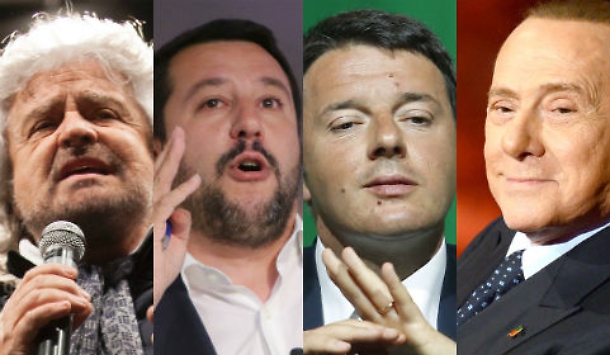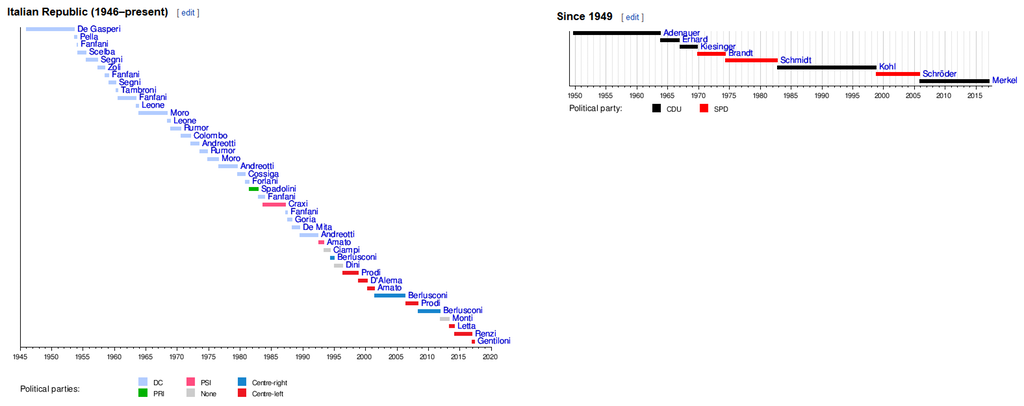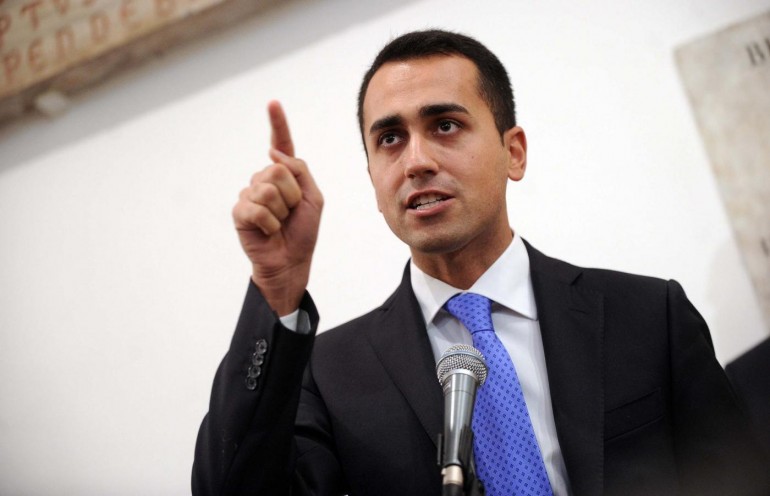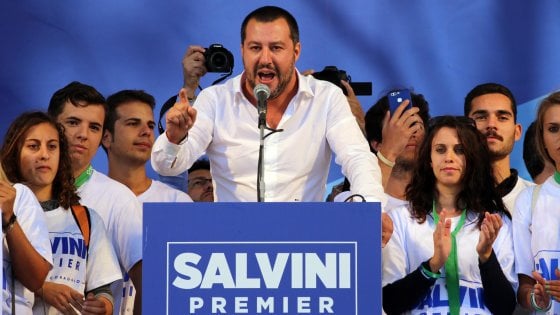Mexican standoff
Election nears and Italian parties are still struggling to reform the electoral law

A few months ago, the Italian political landscape seemed ready for a redo of its electoral process. It was all for naught as almost immediately the negotiations stopped and everybody went back to business as usual. At the time, the grand temporary coalition favored an electoral model based on the German one, famous for having stable governments.

Now talks have resumed since the end of the parliament’s mandate is near, but in the wake of the German elections results, it is clear now more than ever that what made the German model stable wasn’t the electoral system per se. The political situation has remained mostly unchanged in terms of alliances but has seen the right-wing parties gain considerable ground on the Democratic party and the 5star Movement.

This shift to the right is in line with the rest of the European results but in Italy has done nothing more than to cement the tripartite stall which would arise after the general elections. One immediate result of these
developments is the semi-official abandonment of the ius soli law, which would have granted an easier path to citizenship for migrants. Alternativa Popolare, a part of the government coalition, has officially stated their refusal to vote in favor of the proposed law, which can’t pass without their numbers. Furthermore, internal opposition in the Democratic Party is warning against supporting a proposal that has become very controversial for the general public and could seriously hurt the election campaign effort.
In addition to this, Matteo Renzi’s party must also guard itself against losing votes to the left as well. The former party members of Articolo 1 are fighting fire with fire and are trying to attract all the different small parties of the center-left universe in a single big coalition, which would then oppose the right-wing rhetoric instead of adapting to it. This could trigger a dispersion of votes from the Democratic Party, resulting in an even weaker position at the negotiating table.
 The center-left is not the only one facing problems. The 5star movement just concluded their internal digital primaries, which crowned Luigi Di Maio as the official candidate for office. This procedure was not without controversy since he was the only “big name” of the list, the online voting was a target of many hacker attacks and, overall, it generally felt like an imposition from Beppe Grillo rather than an internal election. The movement is striving hard to remain focused on his core principles and ideologies but, especially since they elected a few important mayors at the last ballots, they are faced daily with internal struggles between pragmatists and idealists.
The center-left is not the only one facing problems. The 5star movement just concluded their internal digital primaries, which crowned Luigi Di Maio as the official candidate for office. This procedure was not without controversy since he was the only “big name” of the list, the online voting was a target of many hacker attacks and, overall, it generally felt like an imposition from Beppe Grillo rather than an internal election. The movement is striving hard to remain focused on his core principles and ideologies but, especially since they elected a few important mayors at the last ballots, they are faced daily with internal struggles between pragmatists and idealists.
Furthermore, since its foundation the party has adapted and changed many internal rules it gave itself, like not being hosted in a television program or having candidates not being under investigation. What it hasn’t compromised on is the possibility of forming an alliance with other parties which are, in his electoral base views, the old and rotten politics that needs to go. This principle is a hindrance to the forming of a government since it’s impossible at the moment and for the foreseeable future, to be appointed in office without making any alliances. Given its stances, the movement could easily ally itself both with the Democratic Party or with the eurosceptic Northern League, but that would mean choosing a side and risk losing a big part of its electorate and handing it right over to the opposition.
 Lastly, we have the revitalized center-right. While it is indeed true that the electoral trend is somewhat positive, they still face the problem of the leadership of the possible coalition as well as the big rift between eurosceptics and Europhiles. During the last local elections, the Northern League and Forza Italia run together and achieved victory in many key cities. The unity works but, unlike the last Berlusconi’s government, the two parties are now almost equally matched. Furthermore Matteo Salvini, leader of the Northern League, is dealing at the same time with internal feuds between the old faction who values regional autonomy and his new party line who aims at gathering vote from the whole country and as such, give the party a more national spirit. This turmoil was more evident than ever during the last gathering of the party at Pontida, a small town that hosts the annual rally of the party, during which the founder Umberto Bossi didn’t get his chance to speak to the crowd for the first time in 27 years. For the moment the numbers favor Salvini in both the coalition and his own party but, at the same time, he is gradually toning down the attacks against Brussels in order to avoid the debacle of the Front National and other eurosceptic parties. He is, instead, focusing heavily on the security and legality topics as well as the immigration crisis, which has proven so successful for AfD in the last German elections.
Lastly, we have the revitalized center-right. While it is indeed true that the electoral trend is somewhat positive, they still face the problem of the leadership of the possible coalition as well as the big rift between eurosceptics and Europhiles. During the last local elections, the Northern League and Forza Italia run together and achieved victory in many key cities. The unity works but, unlike the last Berlusconi’s government, the two parties are now almost equally matched. Furthermore Matteo Salvini, leader of the Northern League, is dealing at the same time with internal feuds between the old faction who values regional autonomy and his new party line who aims at gathering vote from the whole country and as such, give the party a more national spirit. This turmoil was more evident than ever during the last gathering of the party at Pontida, a small town that hosts the annual rally of the party, during which the founder Umberto Bossi didn’t get his chance to speak to the crowd for the first time in 27 years. For the moment the numbers favor Salvini in both the coalition and his own party but, at the same time, he is gradually toning down the attacks against Brussels in order to avoid the debacle of the Front National and other eurosceptic parties. He is, instead, focusing heavily on the security and legality topics as well as the immigration crisis, which has proven so successful for AfD in the last German elections.
In conclusion, even though the situation seems to be the same on the surface, all the actors are getting ready for the incoming electoral turn. All of the leaders will have to make hard choices before the campaign and then stick to them but, without knowing what kind of electoral law they will be facing, caution is paramount. Who will make the first move?
